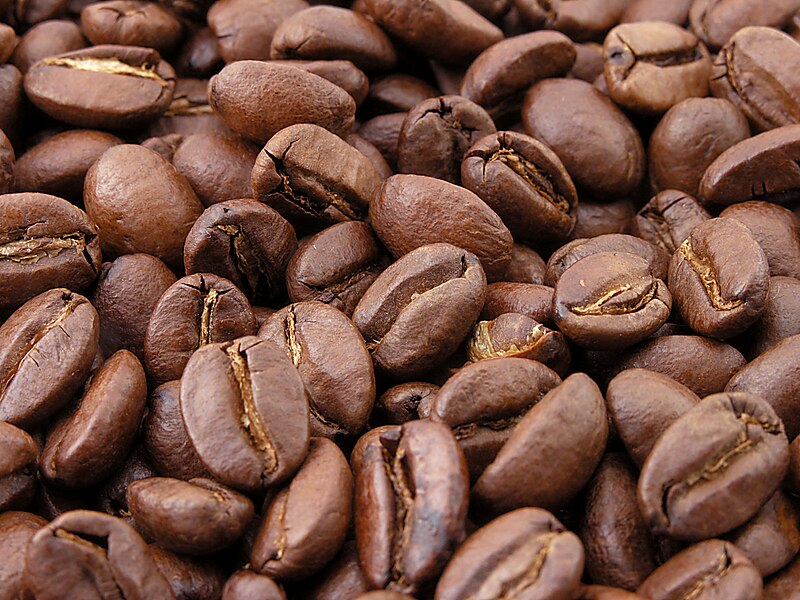- cross-posted to:
- [email protected]
- cross-posted to:
- [email protected]
Lead author Dr. Rajeev Roychand from RMIT University said the team developed a technique to make concrete 30% stronger by turning waste coffee grounds into biochar, using a low-energy process without oxygen at 350 degrees Celsius.
Australia generates 75 million kilograms of ground coffee waste every year-most of it goes to landfills.
Published in the Journal of Cleaner Production, the study by RMIT engineers is the first to prove that waste coffee grounds can be used to improve concrete.
“The inspiration for our work was to find an innovative way of using the large amounts of coffee waste in construction projects rather than going to landfills-to give coffee a ‘double shot’ at life,” said Roychand, a Postdoctoral Research Fellow at RMIT. “Several councils that are battling with the disposal of organic waste have shown interest in our work.”
“The concrete industry has the potential to contribute significantly to increasing the recycling of organic waste such as used coffee.”
“Our research is in the early stages, but these exciting findings offer an innovative way to greatly reduce the amount of organic waste that goes to landfill.”
“Our research team has gained extensive experience in developing highly optimized biochars from different organic wastes, including wood biochar, food-waste biochar, agricultural waste biochar, and municipal solid-waste biochar, for concrete applications,” Saberian said.


